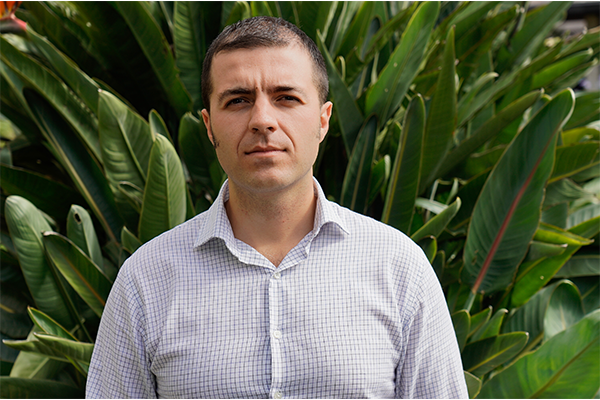Improved Affordability Ahead – Rabobank Semi-annual Fertiliser Outlook
Fertiliser affordability around the world is starting to improve, and a rapid recovery in consumption is possible in some regions in 2023. But in most cases, demand will take a while to return to pre-pandemic levels, according to a new report by agribusiness banking specialist Rabobank.
In its Semi-annual Fertiliser Outlook report, Rabobank says global fertiliser prices started to trend higher in the first half of 2021 due to supply constraints resulting from the Covid-19 pandemic.
“Affordability deteriorated further when fertiliser prices set new record-high levels after Russia invaded Ukraine. By that time, reasonable commodities prices were the only reason unaffordability didn’t surpass the record set in 2009 during the global economic crisis,” the report says.
“Most fertiliser prices are gradually returning to their historical averages, and in some cases, like urea, current values are below historical levels already. On the commodities side, values remain above average in some cases, due to tighter stocks. The combination of these two factors is helping affordability. However, global consumption may take two or three years to recover, and the speed of recovery will depend on how long the current positive cycle lasts.”

RaboResearch Analyst, Vitor Pistoia
New Zealand
For the New Zealand market, report co-author Vitor Cacula Pistoia said further price cuts for fertilisers are expected over the remainder of 2023 – especially for phosphate fertilisers.
“Due to intrinsic characteristics, fertiliser price movements in New Zealand tend to lag behind those in international markets, and we anticipate the price falls we’ve seen in other regions will flow through to New Zealand prices over coming months,” he said.
“The last three years have seen growing price curves for fertilisers and now it is likely that prices in the remainder of 2023 and early 2024 will reduce if no other ‘Black Swan’ events take place. This shift in price trend will be crucial to offset the lower New Zealand agri commodity prices we’ve seen across recent months and to sustain margins on the positive side.”
Rabobank New Zealand is a part of the global Rabobank Group, the world’s leading specialist in food and agribusiness banking. Rabobank has more than 120 years’ experience providing customised banking and finance solutions to businesses involved in all aspects of food and agribusiness. Rabobank is structured as a cooperative and operates in 40 countries, servicing the needs of about 10 million clients worldwide through a network of close to 1000 offices and branches. Rabobank New Zealand is one of the country's leading agricultural lenders and a significant provider of business and corporate banking and financial services to the New Zealand food and agribusiness sector. The bank has 32 offices throughout New Zealand.
Media contacts:
David Johnston
Media Relations Manager
Rabobank New Zealand
Phone: 04 819 2711 or 027 477 8153
Email: david.johnston@rabobank.com
Denise Shaw
Head of Media Relations
Rabobank Australia & New Zealand
Phone: +612 8115 2744 or +61 2 439 603 525
Email: denise.shaw@rabobank.com
